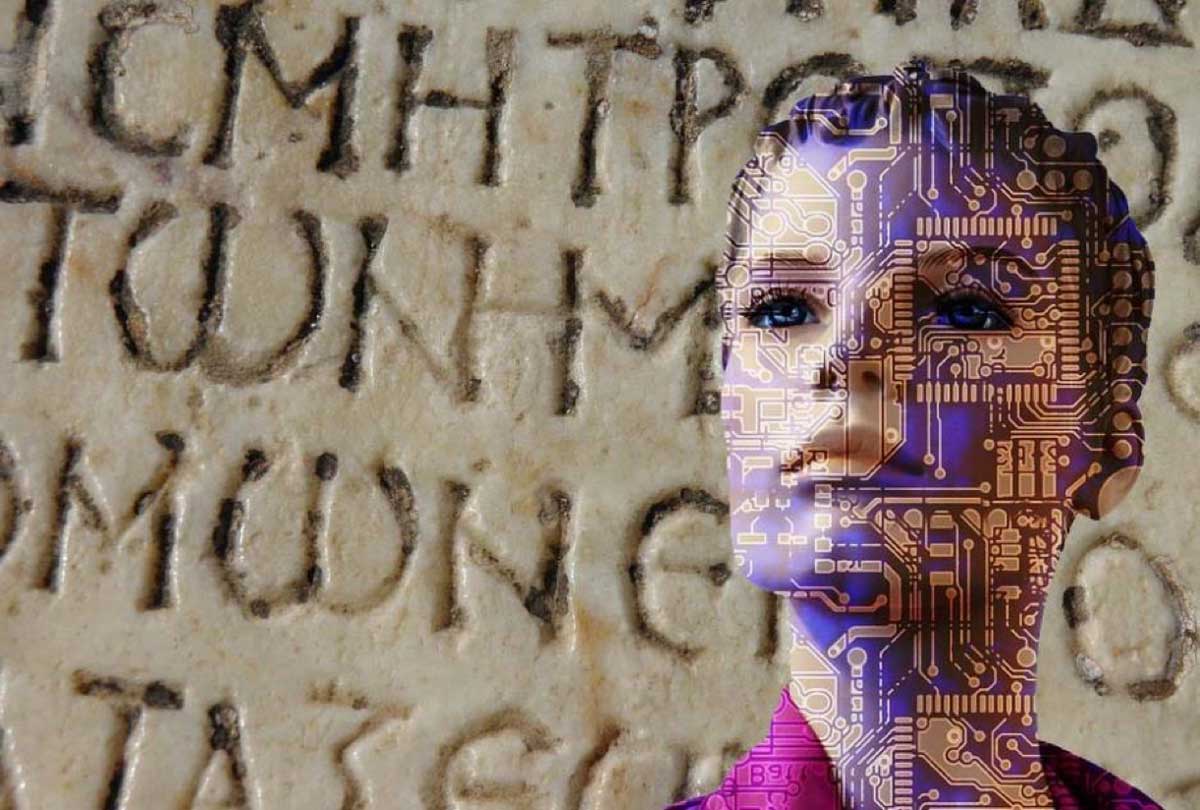Google's DeepMind AI Beats Humans Again---This Time By Deciphering Ancient Greek Text
? https://www.ancient-origins.net/news-history-archaeology/greek-texts-0012762

I'm just doing my job...audiophile "roving reporter"
Great stuff, thanks.
However, the article gives away the essential: the computer only gives suggestions -- of course, it's still just an unthinking algorithm. Yet the human historian still needs to select the right answer, based on his experience and knowledge -- if course, he is the one who actually has insight, who thinks.
That the computer is better at the task in some ways is due to its incredible speed and storage capacity, the latter of which, unlike humans, makes no mistakes. Yet as I said before, the computer is able to hide its inherent stupidity behind these capabilities. They don't magically make it "intelligent".
The article again makes the fundamental mistake of claiming that the computer "understands" better. This is gobbledygook. A computer doesn't understand anything, no matter how fast it is and how many facts it can store.


